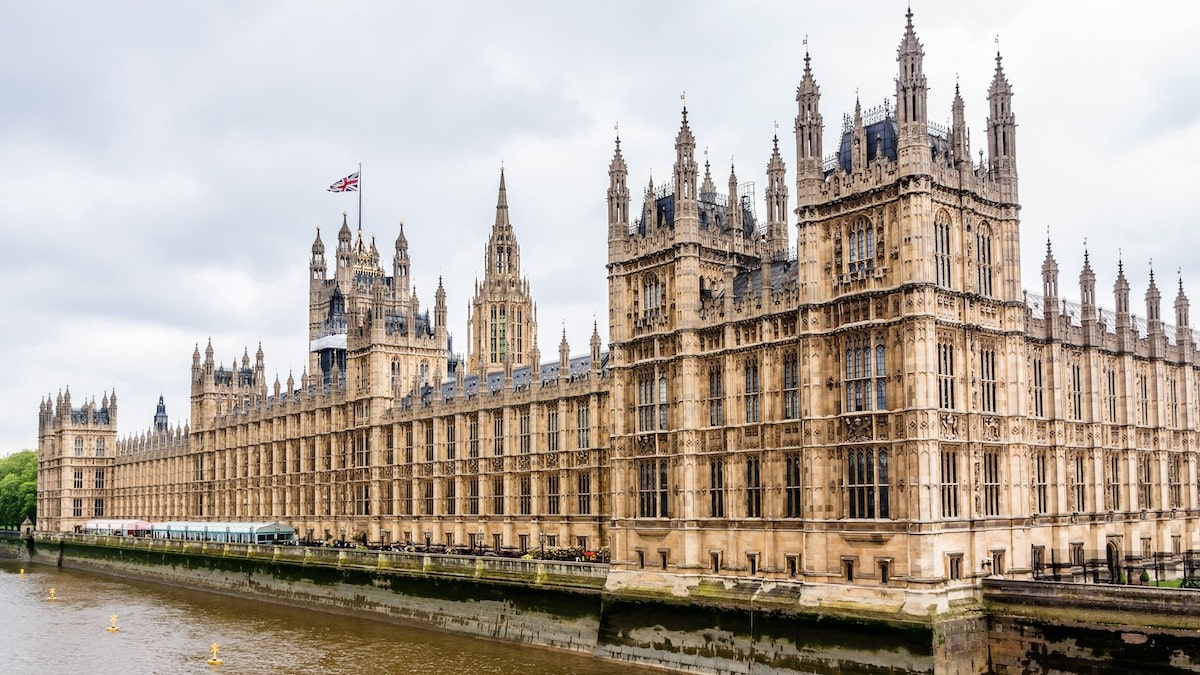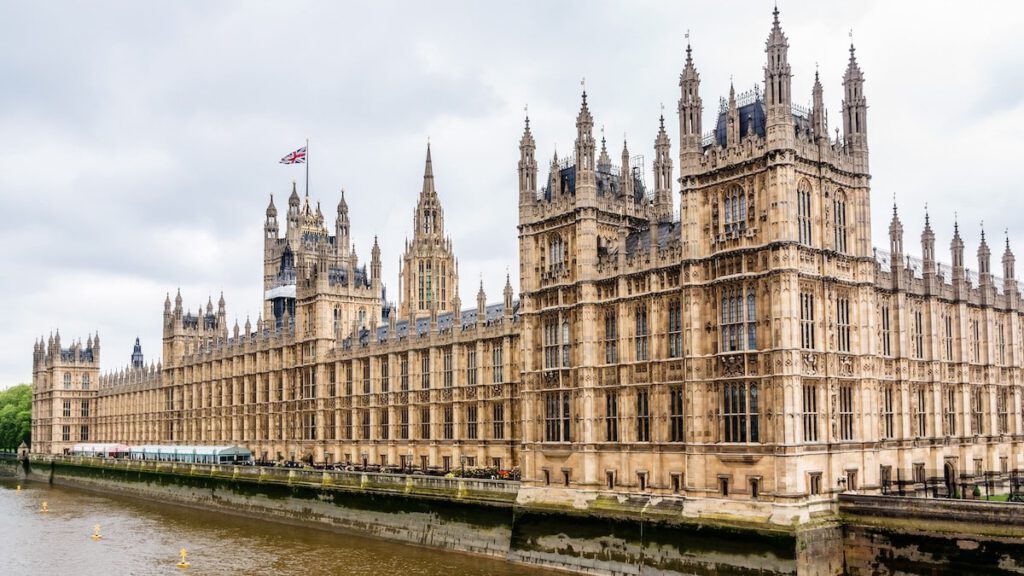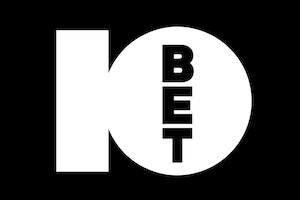Affordability Checks To Be Debated In Parliament In February
By: Mark Wadie
Published On: 15th January 2024

Affordability Checks for all gamblers in the UK, including online slot sites customers, are to be debated in parliament on February 26th 2024 after an online petition to stop them reached 100,000 signatures.
The checks, otherwise known as financial risk checks, are amongst the most divisive of the recommendations for review of UK gambling laws from the white paper presented to parliament by the Department for Digital, Culture, Media and Sport (DCMS) last April.
The petition was set up by Nevin Truesdale, Chief Executive of the Jockey Club in November 2023. It took less than 4 weeks to reach 100,000 signatures, the level required to trigger a parliamentary debate on the subject.
Affordability Checks Proposed From £125 Losses In A Month
The white paper proposes ‘frictionless’ checks at £125 losses in a month or £500 per year. These would be carried out without direct interaction with the customer using credit reference agencies and open-source data to determine whether a customer shows signs of financial vulnerability.
The more controversial checks would be carried out on anyone who loses £1,000 in 24 hours or £2,000 over 90 days. These could involve direct interaction with the customer who may be asked for proof of source of funds through pay slips or bank statements.
Gambling Industry Pushing Back
Whilst recognising the need to tackle problem gambling the industry naturally opposes any regulation that they see as too strict and in danger of affecting those recreational gamblers who are not at risk.
The online petition describes the financial risk checks as ‘inappropriate and discriminatory’ whilst responses to consultations on reforms held by the Gambling Commission in summer 2023 were dominated by the issue.
The Racing Post has published a series of articles highlighting industry-backed reports that predict losses as high as £250 million once the checks are in place.
Julie Harrington, Chief Executive of the Horse Racing authority, welcomed the upcoming debate in parliament.
She said: “The fact that our survey reached the required 100,000 signatures threshold in just 27 days is powerful testament to the strength of feeling shared by bettors over the proposed checks. This has today been recognised by the Petitions Committee.
“No other form of leisure activity is subjected to the kinds of restrictions being proposed by the Government and so it is right that MPs have the chance to forensically debate this issue.
“The BHA will therefore continue to push for changes to the Gambling Commission’s proposals on affordability checks to protect the sport’s financial future and limit the impact on racing bettors.”
Gambling Commission Attempts To Instil Balance In Debate
During the impassioned debate around the subject of affordability checks, the Gambling Commission has sought to remain rational and impartial.
In November 2023, Andrew Rhodes, CEO of the Commission also issued a statement calling for measured arguments. He said: “The debate on gambling has been exceptionally hard to engage in during the past year. We have challenged people where they have misrepresented statistics and we have sought to bring some balance and evidence to the arguments.
“Everyone is entitled to their opinion, but some of what has gone on has been an unedifying sight. I am not sure (it) is helping anyone.”
Previously, in September 2023, the Commission issued an open letter to readers of the Racing Post through their website contesting the predictions of dire consequences for horse racing and suggesting that in fact just 0.3% of account holders would be required to fulfil the more intrusive checks at losses of £1,000 per day or £2,000 over 90 days.
Affordability Checks Are Inevitable
Whilst the industry will push back on this issue and a debate in parliament is scheduled, it seems inevitable that mandatory affordability checks will be implemented in the near future. Problem gambling is a hot topic in the UK and the proposed strategy to tackle it, mixing soft checks for low spenders with harder checks for those hitting the higher gambling rates treads a middle ground. For those who enjoy a significant flutter on any product, the idea of sharing personal financial information is something they will almost certainly have to get used to.


Mark Wadie is editor at All Slot Sites. He sets the tone for the website, writing much of the content as well as commissioning features, guides and reviews from other experienced journalists.
Our Top Rated Site Picks
UK Licensed | Expert Reviews
Dream Vegas
Duelz Casino
10bet Casino
Kwiff Casino
Luckster
Latest Game Reviews
Reviewed and Tested For Real!










